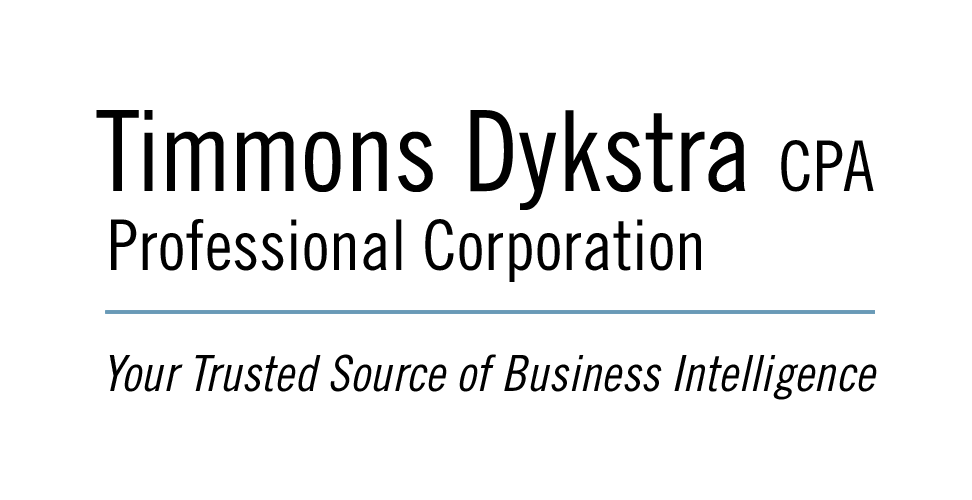Incorporation
A corporation is a separate legal entity. As long as the corporate name is used on all transactions (e.g. contracts, invoices, cheques), your personal assets are protected (unless you have signed a personal guarantee).
Director’s Liability
Companies are managed by directors. As directors are personally liable for many liabilities (including payroll and HST), discuss with your lawyer who should be the directors of the company.
Taxation
Most corporations pay a flat 12.2% tax on their business income less expenses. The owner is taxed personally on any funds withdrawn from the company (up to 50%). If excess funds are left in the company, personal tax can be deferred. There is also a potential future tax saving depending on the owner’s income when the funds are withdrawn.
If the shares of the company are sold, up to $1.25M of the gain can potentially be received tax-free, if certain conditions are met.
Most corporations are incorporated with different types of shares that allow income splitting and estate planning opportunities.
Year End
Year-end dates are normally between February 28 and October 31. This allows time for personal tax planning after the corporate year-end work has been completed.
Accounting System
Most of our clients record their accounting transactions using QuickBooks Online.
Accounting Services
The types of accounting services and pricing can be found on our website under “Services”. You will be asked to sign an “accounting services agreement” that describes the work we will do for you.
Owners’ Compensation
The two most common methods of compensation are salary and dividends (either or both can be used every year).
Salary is a deductible expense to the company and is required for Canada Pension Plan (retirement and disability) entitlements, RRSP limits, and child care deductions.
Dividends, paid to shareholders, have a lower personal tax rate as the company has already paid a portion of the tax.
Companies can set up a private group benefits plan that includes life, disability, health and dental insurance. The level of benefits to be covered in each area can be customized.
Government Reporting Requirement
There can be significant interest and penalties charged if the payment or returns are late.
Harmonized Sales Tax (HST)
HST must be charged on most products and services sold in Canada. Returns are normally filed quarterly. The return is due 30 days after the quarter end date.
Corporate Tax
Any corporate tax owing must be paid within 90 days after year end (60 days for investment companies). In the second and following years, advance installments are required.
CRA (corporate tax/HST/payroll) – 1.800.959.5525
Dividends
T5 slips must be submitted to CRA before February 28th
Payroll
Monthly source deductions (CPP, EI, Tax) must be sent to CRA before the 15th of the next month. T4 slips must be submitted to CRA before February 28th.
Workplace Safety and Insurance Board (WSIB)
Businesses that pay salaries to non-owners and most construction companies must register with the WSIB. The insurance rates are specific to your industry. Some industries are exempt. Returns are normally filed quarterly [1.800.387.0750].
Employer Health Tax (EHT)
EHT must be paid on Ontario wages exceeding $1,000,000. Returns are normally filed annually [613.746.9200].

